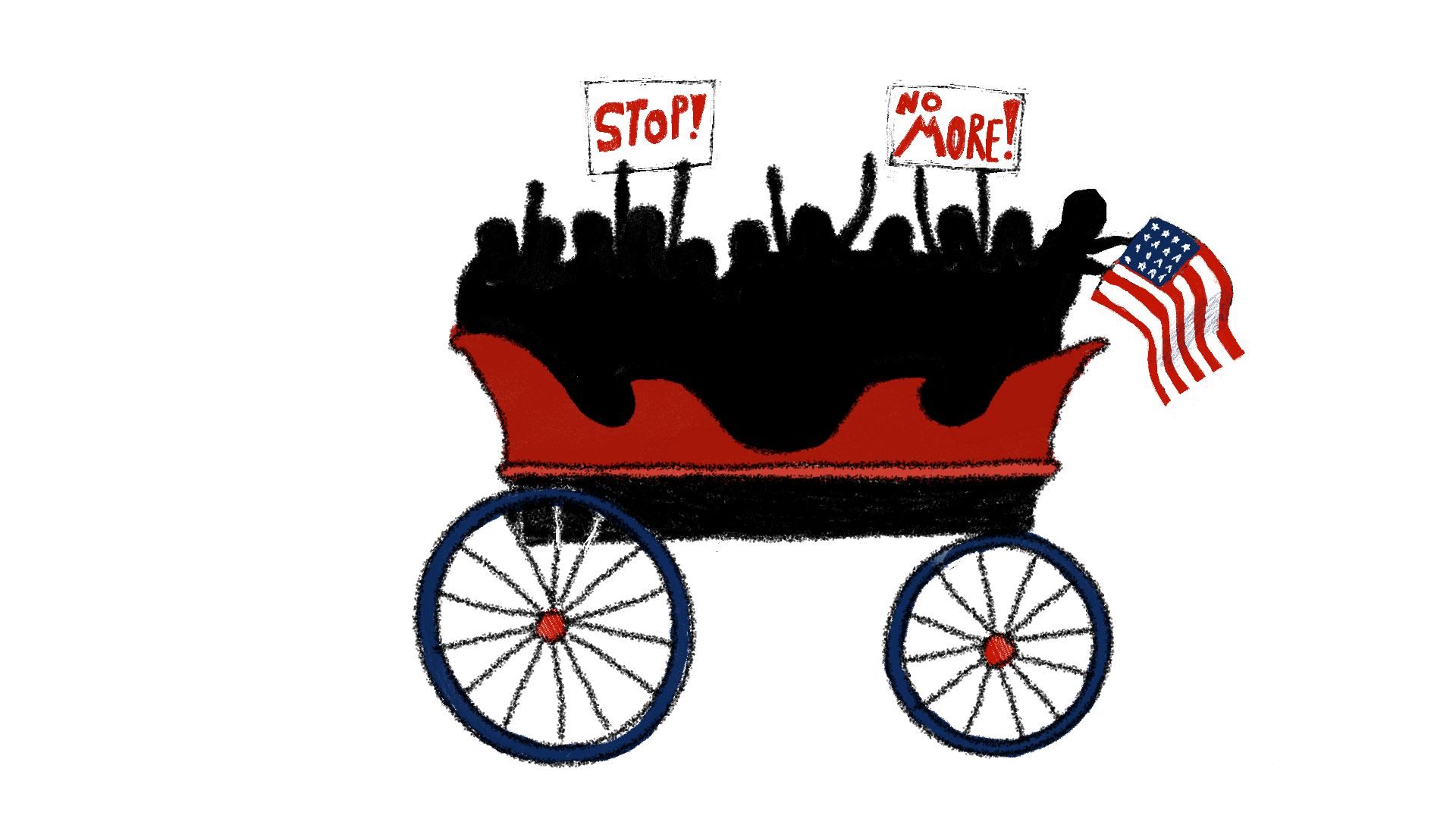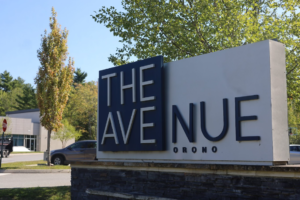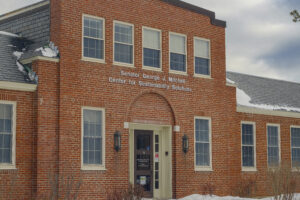OPINION: Student involvement in relevant issues if often lacking. It has been challenging to motivate students to participate in advocacy efforts beyond anonymous YikYak posts. There have been successful student-led initiatives, such as the call for the University of Maine System (UMS) to divest from fossil fuels. While there are student groups dedicated to on-campus advocacy like Jewish Voices for Peace and Students for a Democratic Society, there has not been a unifying movement that garners a consensus and rallies from the student body in quite some time.
Recently, two significant concerns have been at the forefront of students’ minds: phasing out the blue lights on campus in favor of the Black Bear Safe app and the planned demolition of Crossland Hall. Students have been highly motivated by these developments, particularly in support of the ‘Save Crossland Hall’ movement, organizing action groups to champion their cause.
It is wonderful to see UMaine students rally behind a cause they believe in, but it is important for student advocacy to be grounded in reality and truth.
When considering the high cost of maintaining the Blue Lights system, it becomes more difficult to justify its upkeep. The call feature in the HELP Callboxes is rarely used and at best serves as a deterrent against misconduct. The primary argument for keeping the blue lights is that they’re the only source of light in certain areas around campus.
Wouldn’t it be more logical to advocate for better lighting on campus? If the main purpose of the blue lights is to provide light in dark areas, wouldn’t it be more practical to allocate the maintenance funds towards enhancing campus lighting and adding more cameras?
However, there are instances where students may not have their phone on them or their phone may be dead, which are valid reasons to support maintaining the blue lights. The problem is that the argument in favor of keeping the blue lights fails to recognize the complexity of UMaine’es decision to phase them out.
I feel the same way about the situation regarding Crossland Hall.
While it’s reasonable to preserve that history, it’s difficult to justify wanting the university to divert $10 million in maintenance funds from other buildings that are in urgent need of repair.
The main point made by the ‘Save Crossland Hall’ movement is that the construction of a parking lot to replace lost parking spots due to Morse Arena’s construction is at the cost of sacrificing a building with historical significance.
That said, its demolition directly addresses students’ overwhelming requests for more parking on campus.
Crossland Hall has also been identified by UMaine as a long-standing red-flagged building. The building’s structure is severely damaged and requires extensive maintenance. It’s not practical to continue investing in its upkeep with such significant structural issues, despite its historical significance.
Student advocacy is crucial, but it must be realistic. I believe that some recent student efforts lack depth in their analysis. While I am sympathetic to preserving the Blue Lights system and saving Crossland Hall, it is important for its advocates to consider the complete and more realistic picture.











